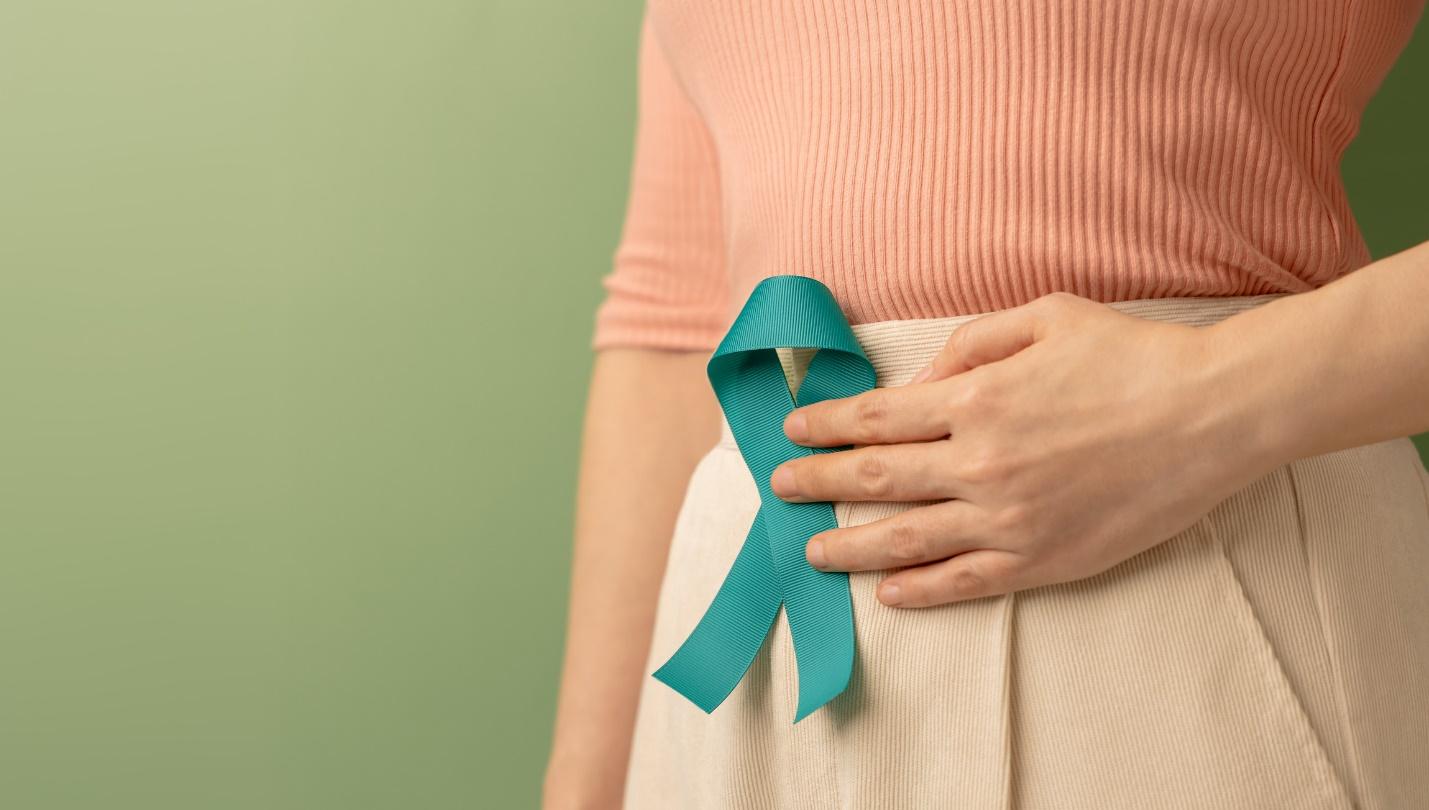When should I see a fertility specialist?
If a woman has been trying to conceive for several months without success, it may be time to see a specialist.
It’s that time of the month again. You count the weeks and days, hoping that this will be the cycle that ends in a positive pregnancy test. When your period arrives, it can feel like a failure: “I’m a woman. Isn’t my body made to do this?”It’s hard to fight feelings of guilt and shame, even though chances are you have done nothing wrong. One in every eight couples experiences infertility – defined as the inability to conceive after several months of unprotected intercourse. Infertility is more common among women over 35, but it can happen to anyone at any age.
What causes infertility?
Many factors contribute to infertility. Although you most often hear about women’s age and health conditions in relation to fertility, male factors are just as important. Approximately one out of every three infertility cases is attributed solely to female factors, including age-related declines in egg quantity and quality as well as fallopian tube blockage. Another third is attributed solely to male factors such as low sperm production and abnormal sperm function. The remaining third result from both male and female factors.
What are the signs of infertility in women?
While infertility affects men and women equally, women have one clear advantage when it comes to identifying the signs: We regularly track our menstrual cycles, especially when trying to conceive. You can tell a lot about your fertility health by the frequency and consistency of your cycles. Are your periods more than 5-6 weeks apart? Are they sometimes less than 3 weeks apart, or sporadic? If so, you may not be ovulating regularly.
Be sure to let your fertility care team know if you have been diagnosed with endometriosis, fibroids, pelvic inflammatory disease (PIV), polycystic ovary syndrome (PCOS), or hormonal imbalances. These conditions can make it more difficult to get pregnant. Past treatment for any kind of cancer can also affect fertility. These signs alone do not mean you can’t get pregnant or have a baby, but they can make pregnancy more difficult — a good reason to see a fertility specialist sooner rather than later.
When should a woman see a fertility specialist?
For all its complexities, infertility has a fairly straightforward definition. You’re technically considered infertile after having unprotected sex for twelve months or more without getting pregnant. This is a great rule of thumb. However, most doctors will want to talk with you if you’re:
- Between 35 and 40 and have been having unprotected sex for six months or more without getting pregnant.
- 40+ and trying to conceive.
- Displaying other symptoms mentioned in the paragraph above.
That said, if you have a gut feeling something is wrong, don’t hesitate to seek help sooner. You know your body better than anyone else.
Facing the prospect of infertility can be unsettling, but you’re not alone. Request a consultation at a fertility care facility near you to take the next steps on your journey to parenthood.

